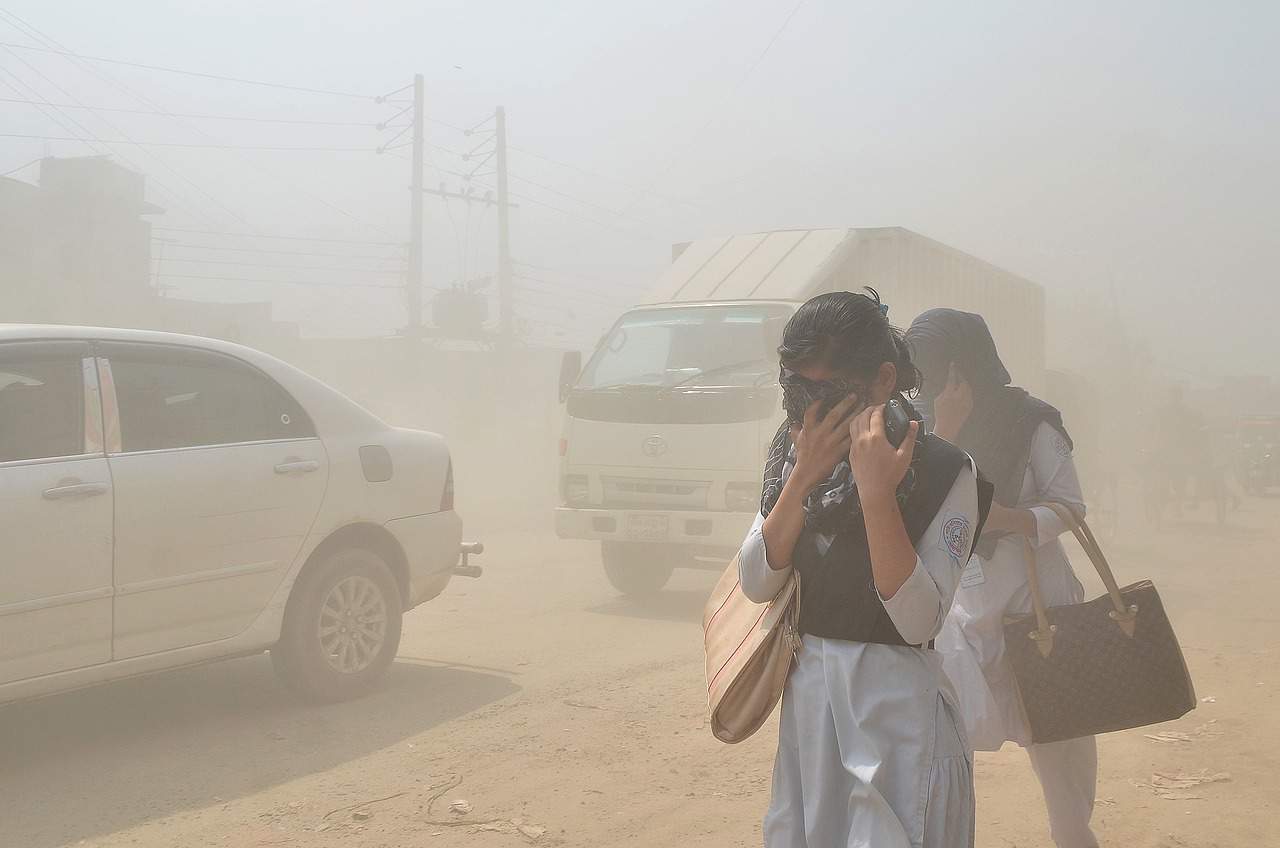Regulatory action targeting emerging anthropogenic sources of air pollution is urgently needed.
Deteriorating air quality in tropical cities is posing ever greater threats to people’s health and as urbanization is proceeding apace this trend will only worsen, scientists have warned.
In a newly published study, a team of researchers explain that across all the 46 cities they surveyed from Africa to Asia they have measured significant annual increases in pollutants hazardous to health, including nitrogen dioxide and PM2.5 particles.
This trend is troubling as tropical cities routinely lack proper air pollution monitoring measures and adequate policies to tackle the problem.
“These cities are predicted to reach populations of up to 80 million people by 2100, so regulatory action targeting emerging anthropogenic sources is urgently needed,” the scientists stress.
Already the number of people dying prematurely from prolonged exposure to air pollution has been on the increase with people living in cities in South Asia being the worst affected. In Dhaka in Bangladesh some 24,000 people die of such causes each year while around 100,000 people succumb in the Indian cities of Mumbai, Bangalore, Kolkata, Hyderabad, Chennai, Surat, Pune and Ahmedabad.
The number of deaths in tropical cities in Africa are still lower “due to recent improvements in healthcare across the continent resulting in a decline in overall premature mortality, [but] the worst effects of air pollution on health will likely occur in the coming decades,” the scientists say.
The reasons for worsening air quality in tropical cities lie in increasing road traffic, waste burning, and the widespread use of charcoal and fuelwood. Industry is also partly to blame.
“Open burning of biomass for land clearance and agricultural waste disposal has in the past overwhelmingly dominated air pollution in the tropics,” explains Karn Vohra, a scientist at University College London who is an author of the study.
“Our analysis suggests we’re entering a new era of air pollution in these cities, with some experiencing rates of degradation in a year that other cities experience in a decade,” Vohra warns.
This story first appeared on Sustainability Times
© 2022 Sustainability Times.
This article is licensed under a Creative Commons Attribution-ShareAlike 4.0 SA International License.












